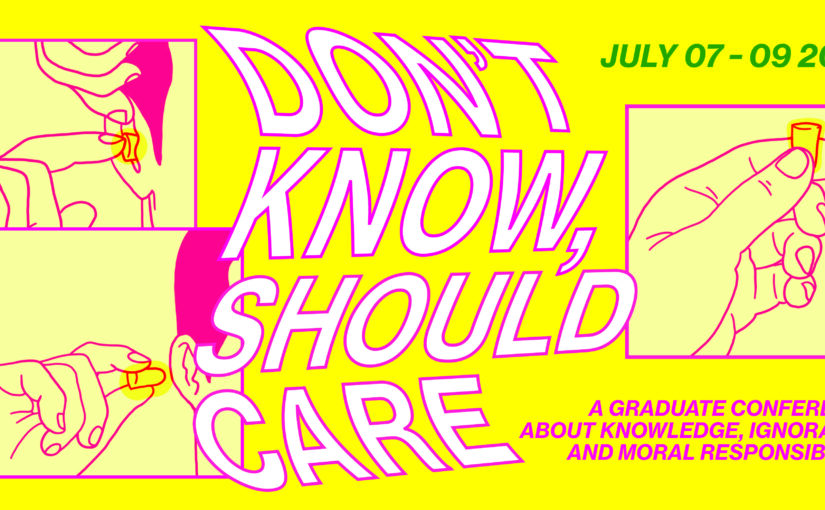Home | Covid-19 Statement | Call for Abstracts | Programme
Keynotes: Abstracts | About us | Accessibility
Gunnar Björnsson: “Due Regard: On Some Foundational Questions for Strawsonian Responsibility”
Developed in the right way, a broadly Strawsonian understanding of moral responsibility provides a neat unified account of blameworthiness for actions, omissions, and outcomes, explaining paradigmatic instances of excuses and exemptions as well as basic requirements for responsible moral agency. In brief, such an account says that X is to blame for Y insofar as Y as bad and is explained, in a normal way, by X’s not caring as much as morality requires about the values at stake. Among particularly appealing features of this account is how it makes sense of certain cases of blameworthiness for failure to notice or remember things of importance, or failure to recognize that what one does is morally wrong: in such cases, the agent failed to notice or remember or recognize the wrongness of their ways because they didn’t care enough about the value in question.
In this talk, I address some of the difficult foundational questions that needs to be answered by a fully developed version of the account. What it is to care about a value in the relevant sense? Is it to be disposed to promote that value, or is it to be disposed to react negatively when it is harmed? These things can come apart, as someone might react strongly when the value is harmed without being disposed to notice when it risks being harmed or to act on perceived risks. What is it to care enough about a value, by moral standards? How should we understand degrees of caring from the Strawsonian perspective? How are the morally required degrees determined? These questions are raised with particular urgency when someone who does care a great deal about the relevant values still fails to give them due weight on a particular occasion, and cases where generally conscientious agents fail to recognize the importance of some particular value.
Lubomira Radoilska: “Answerability and Epistemic Dis-Credit”
In this talk, I will identify and explore how unjust epistemic inclusions, such as epistemic appropriation and epistemic exploitation may distort responsibility as answerability. Drawing on the notion of deep circumstantial luck I proposed recently, I will aim to show that answerability expectations and exchanges get distorted in a distinctive way, even when unjust epistemic inclusions are effectively resisted. These distortions become apparent when we consider what I propose to term epistemic dis-credit: a normative burden that accrues to agents targeted for unjust epistemic inclusion independently of what they actually do. Offsetting this burden for good would require a comprehensive multi-strand strategy. I will expand on one of these strands only, which pace recent ecological accounts of responsibility calls for the un-scaffolding of one’s agency by splitting sensitivity to reasons and sensitivity to key audiences rather than keeping them closely aligned.
Jan Willem Wieland: “Don’t Care, No Blame”
According to classical attributionism, “the amount of blame agents deserve varies with the extent of their indifference.” That is, the more (ignorant) wrongdoers act from a lack of moral concern, the more they would be blameworthy. I’ll argue for the exact opposite claim: the more wrongdoers act from indifference, the less they are blameworthy – that is, in a properly interpersonal way. Warning: this will not be a volitionist story! I’ll start from attributionism, and delve into the content and point/value of their blameworthiness attributions (which can be properly interpersonal, or more detached).

